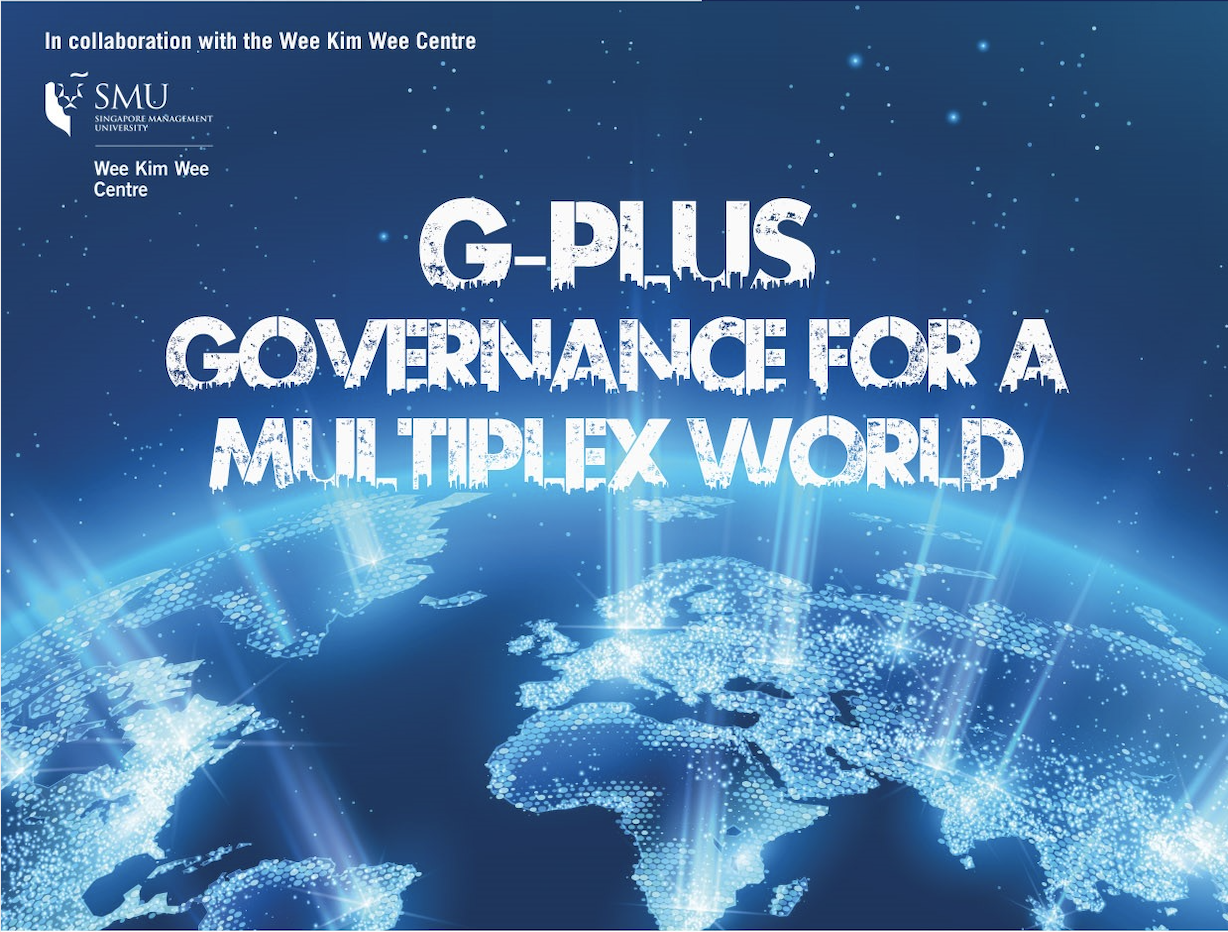
Amitav Acharya
 |
Amitav Acharya is the UNESCO Chair in Transnational Challenges and Governance and Distinguished Professor at the School of International Service, American University, Washington, DC. Previously he was a Professor at York University, Toronto and University of Bristol, U.K. and taught at the National University of Singapore and Nanyang Technological University. He was the inaugural Boeing Company Chair at the Schwarzman Scholars Program at Tsinghua University, Fellow the Asia Center and John F. Kennedy School of Government at Harvard, and Christensen Fellow at Oxford. His books include Constructing Global Order (Cambridge 2018); The End of American World Order (Polity 2014, 2018); Why Govern? Rethinking Demand and Progress in Global Governance (editor, Cambridge 2016); and The Making of Southeast Asia (Cornell 2013). He has written op-eds for Financial Times, International Herald Tribune, Washington Post, Straits Times and other newspapers. The first non-Western scholar to be elected (for 2014-15) as the President of the International Studies Association (ISA), the largest and most influential global network in international studies, he received two Distinguished Scholar Awards from the ISA, for his contribution to non-Western international relations and international organizations. |
The concept of G-Plus governance describes the increasingly pluralistic, hybrid and decentered nature of global governance. G-Plus means “Governments Plus”. It reflects changes such as the proliferation of non-governmental actors, including NGOs, social movements, corporations, and various forms of partnership between governments and private entities, in global governance. Global governance is not the monopoly of inter-governmental organizations. On the other hand, G-Plus governance in most cases compliments, rather than supplants, the role of governments in international cooperation. It challenges the familiar notions of “multipolarity”, “unipolarity” or “G-zero”, as well as the tendency to think of global leadership in terms of exclusive power groups such as G-2 (US-China), G-7, and G-20. The role of new actors and configurations in G-Plus governance is leading to what could be termed a Multiplex World Order and new ways of organizing cooperation in areas such as poverty alleviation, climate change, global health, social media, and conflict-management.